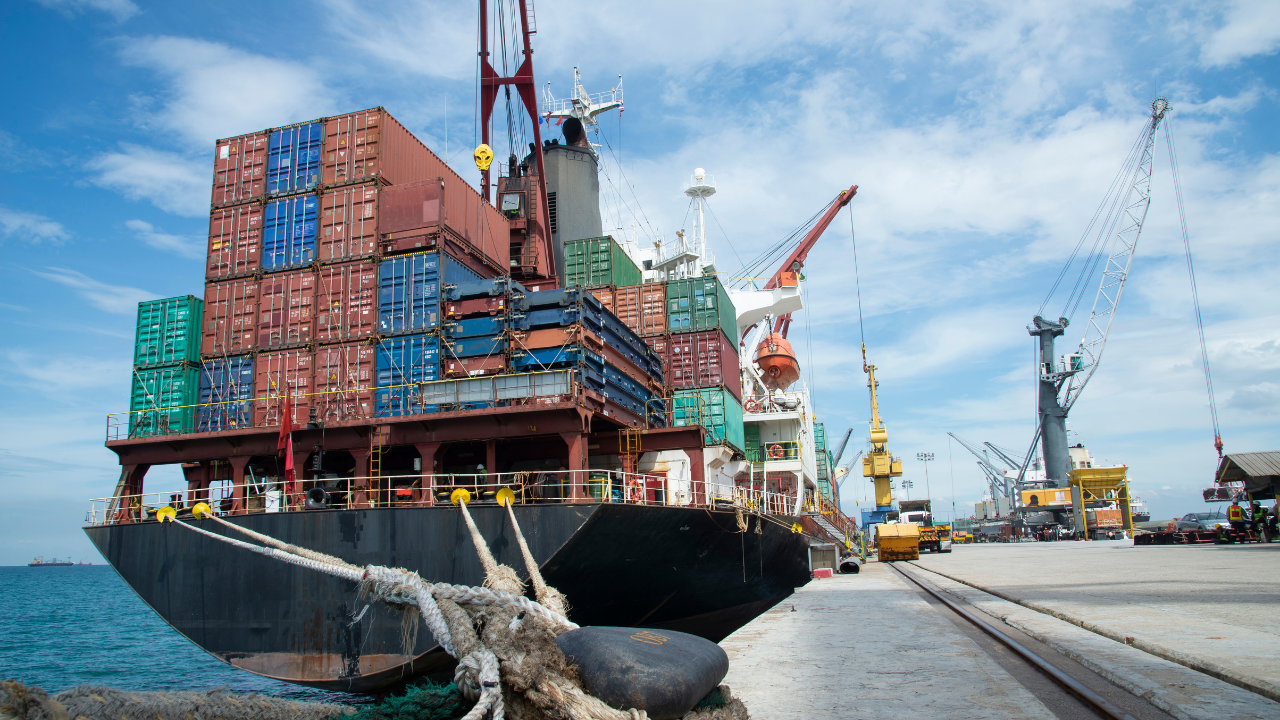



In a significant development in the ongoing U.S.-China trade war, former U.S. President Donald Trump announced that smartphones and laptop computers would be exempt from a new round of tariffs. This move came amid rising tensions and economic concerns surrounding the escalating trade conflict between the world’s two largest economies. The decision provided relief to major U.S. tech companies and consumers alike, who were bracing for a potential surge in electronics prices.
The U.S. administration had previously announced plans to impose a 10% tariff on an additional $300 billion worth of Chinese imports. However, in a strategic shift, Trump and his trade team decided to delay or remove tariffs on several key items, including smartphones, laptops, video game consoles, and some clothing products. The change was attributed to concerns about the impact of these tariffs on American consumers during the upcoming holiday shopping season, as well as the negative ripple effects on U.S. tech companies.
Apple, one of the companies expected to be most affected by the tariffs, saw a noticeable jump in its stock price following the announcement. The exemption helped reassure investors and industry experts that the administration was aware of the potential economic fallout and was willing to recalibrate its approach to avoid hurting the domestic economy.
Analysts suggest the move was not just economically motivated but also politically strategic. With presidential elections on the horizon at the time, maintaining consumer confidence and preventing price hikes on everyday electronics like smartphones and computers was crucial. Tariffs on such essential devices would have not only burdened American households but also risked backlash from voters.
Moreover, the exemption highlighted the complex interdependencies between U.S. and Chinese economies, particularly in the technology sector. Most of the world’s smartphones and computers are assembled in China, and even a slight disruption in this supply chain could have had far-reaching consequences for global markets.
Critics of the decision argue that it weakened the overall effectiveness of the trade war strategy by allowing exceptions that dilute the pressure on China. However, supporters believe that a more flexible approach could lead to better outcomes in negotiations without placing an undue burden on American consumers and businesses.
Trump's administration stated that the decision was a temporary measure and that tariffs could be reimposed if trade talks failed to progress. The trade war had already caused considerable uncertainty in global markets, affecting investor confidence, supply chains, and long-term business planning. This move was seen as a tactical pause rather than a complete shift in policy.
In conclusion, the exemption of smartphones and computers from U.S. tariffs during Trump’s tenure served as a reminder of the delicate balance between economic protectionism and consumer impact. While aiming to pressure China for better trade terms, the U.S. government had to carefully consider domestic economic repercussions—especially when it came to products deeply embedded in everyday American life.
#TrumpNews #TradeWar #Smartphones #Technology #Trending #TariffUpdate #Latest #USChinaTrade #TechRelief #Politics2025

University Internships That Help You Get a Job After Graduation... Read More.

Is It Smarter to Start at a Community College... Read More.
 Fake posts hit Czech PM Fiala's X
Fake posts hit Czech PM Fiala's X
Fake posts disrupt Czech PM Fiala's X account security
 Switzerland Tightens Export Rules
Switzerland Tightens Export Rules
Switzerland expands export controls on dual-use goods
 Google unveils Ironwood AI chip
Google unveils Ironwood AI chip
Google introduces Ironwood chip to accelerate AI tasks & apps
 TSMC Q1 revenue up 42%
TSMC Q1 revenue up 42%
TSMC sees 42% revenue surge in Q1, surpassing forecasts
 Amazon CEO Outlines AI Vision
Amazon CEO Outlines AI Vision
Amazon CEO reveals AI investment plans in new letter
 Osaka Hosts World Expo 2025
Osaka Hosts World Expo 2025
Japan blends tech and culture at Osaka Expo 2025 launch
 A16z Plans Big Bet on AI Startup
A16z Plans Big Bet on AI Startup
A16z may lead huge round in ex-OpenAI CTO’s new AI firm.
© MyEduGoal. All Rights Reserved. Design by markaziasolutions.com